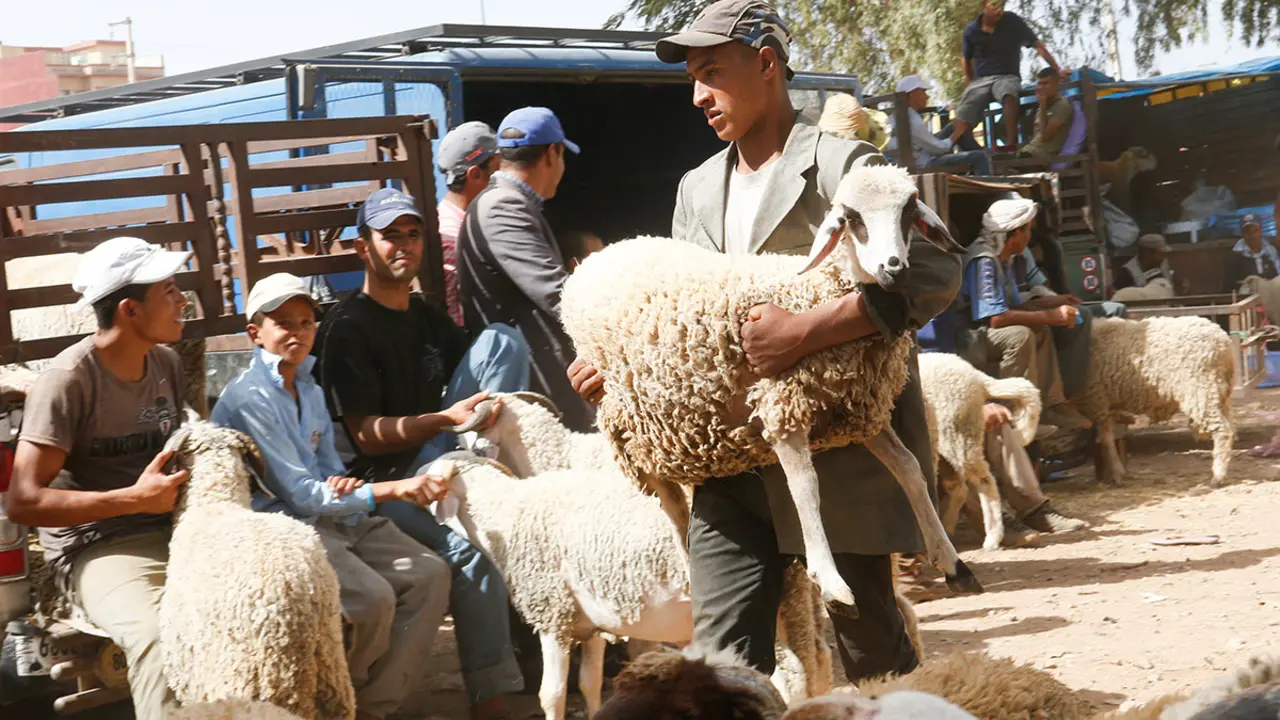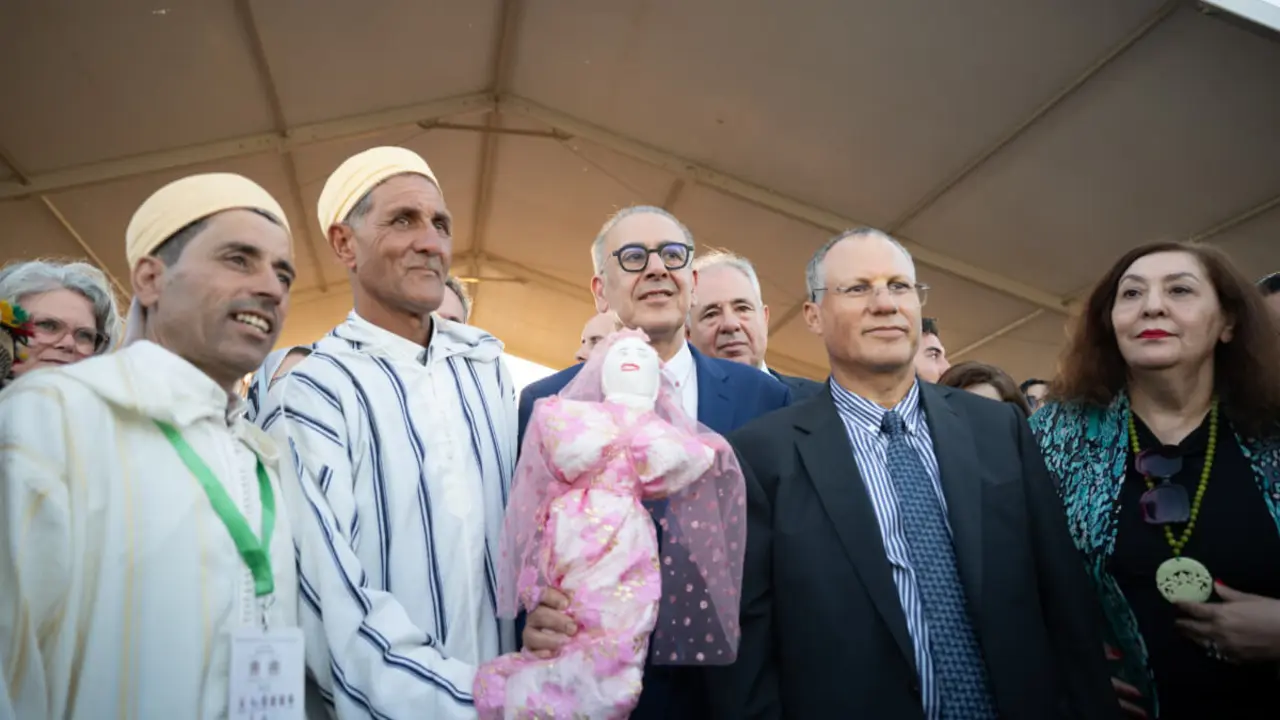Emirates cooperates in a hospital in Pakistan to fight COVID-19
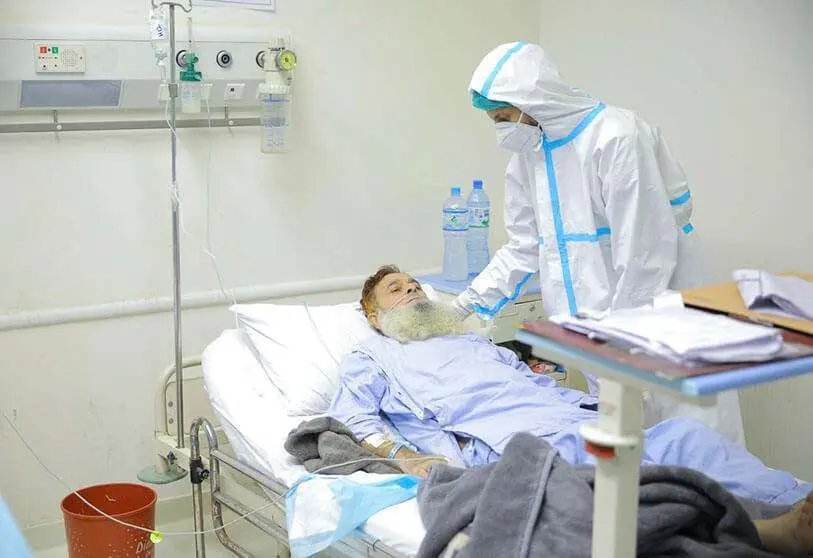
The United Arab Emirates (UAE) continues to carry out a major international effort to assist different nations in their efforts to stop the spread of COVID-19 by providing essential health and humanitarian supplies to these countries. An example of this is the initiative represented by the military hospital centre operated jointly by the Gulf country and Pakistan.
The Pakistani-Emirati Military Hospital in the Pakistani city of Rawalpindi is a prime example of the UAE's humanitarian efforts to combat global health crises.
In recent months, this health infrastructure has provided medical treatment to more than 10,000 patients infected with the coronavirus. The $108 million infrastructure was built in accordance with the directives of the President, Sheikh Khalifa bin Zayed al-Nahyan; Sheikh Mohammed bin Zayed al-Nahyan, Crown Prince of Abu Dhabi and Deputy Supreme Commander of the UAE Armed Forces; and Sheikh Mansour bin Zayed al-Nahyan, Deputy Prime Minister and Minister of Presidential Affairs of the Emirates.
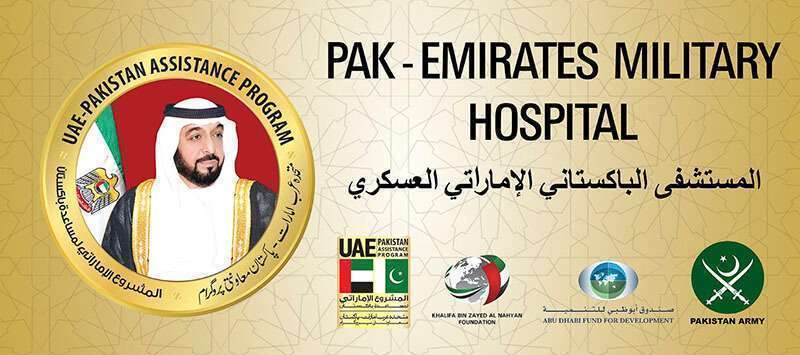
According to Abdullah Khalifa al-Ghafli, director of the UAE's Pakistan Assistance Programme, the hospital is considered one of the key recent projects in Pakistan. "UAE's leadership has shown great interest in supporting various humanitarian initiatives in Pakistan in many humanitarian and development areas," he said in a statement collected by the official Emirate news agency WAM.
He also highlighted the assistance to the Pakistani government and army in the fight against COVID-19 under the UAE's leadership guidelines in solidarity with the people of Pakistan.
General Salman Saleem, director of the Pakistani-Emirate Military Hospital, noted that the hospital, built in 2013, is among the largest and most important military health projects in Pakistan. The integrated medical center also offers internships and residency training programs.
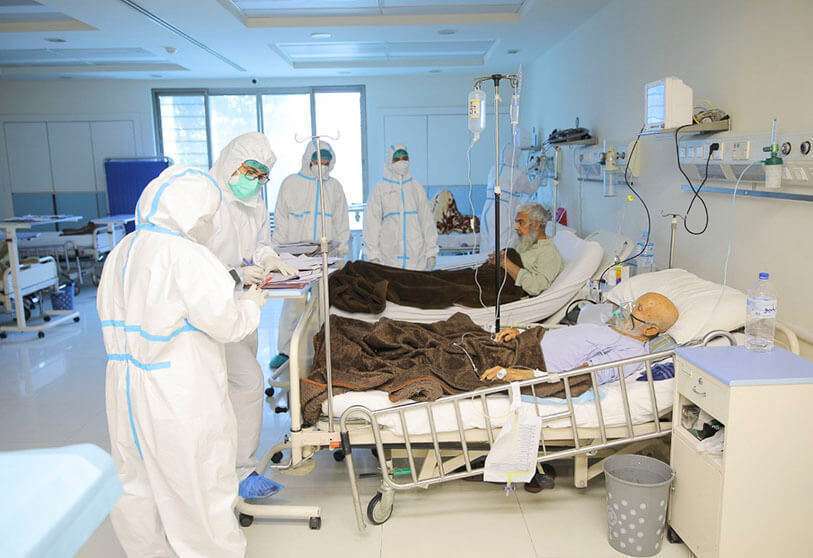
Professor Saleem said that due to the outbreak of coronavirus, the hospital was transferred to a centre to administer and treat infected people from different parts of Pakistan. "In late February, we developed a strategy to deal with the pandemic and started taking all the necessary precautions, including isolating and treating patients in a specially created unit," he added.
He also expressed his appreciation to the Emirates' leadership for the humanitarian and development projects in Pakistan and the construction and equipping of the military hospital in Rawalpindi.
Brigadier Shazia Nisar, head of the Department of Pathology and Epidemiology, said the hospital's state-of-the-art facilities and equipment helped provide medical treatment for thousands of patients infected with the coronavirus.
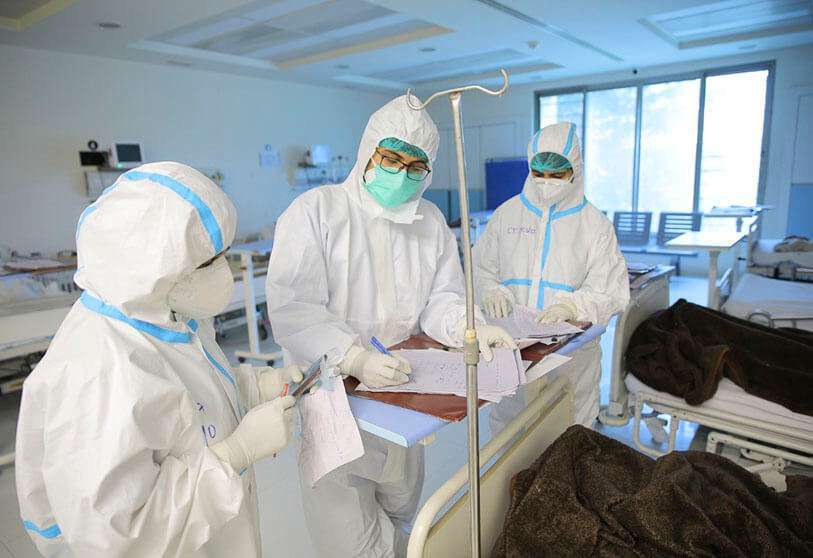
In the last three months, the UAE sent three medical aid packages to Pakistan, weighing a total of 18.3 tons, in addition to 20,000 coronavirus testing devices to assist more than 18,300 medical workers.
The hospital has 1,400 beds, which can serve between 6,000 and 9,000 patients daily or three million a year. It has dedicated rooms for outpatient clinics, specialized clinics, emergency units, pharmacies, laboratories, radiology section and the blood bank. It is operated by 350 physicians, 800 nurses and 1,500 technical and administrative staff.
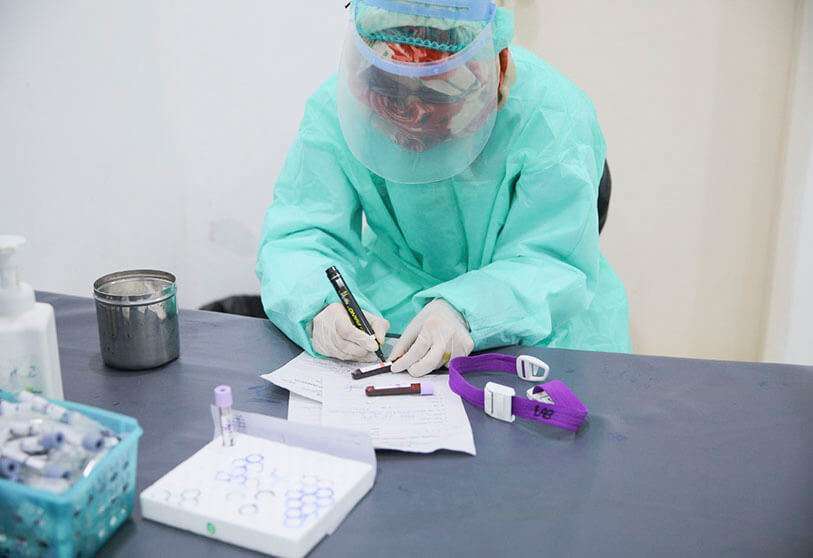
The hospital was co-financed by the Abu Dhabi Development Fund and the Khalifa Bin Zayed al-Nahyan Foundation.



